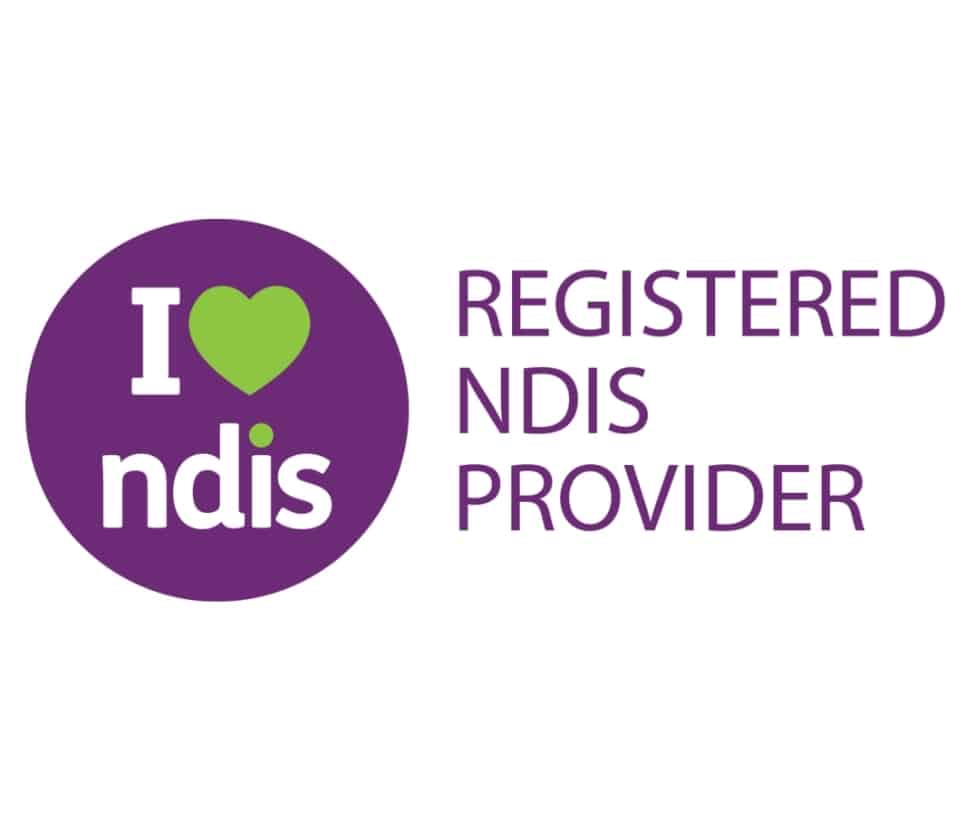We know that NDIS audits are quite stressful and you get a real sense of achievement in passing an audit. Yes, to be honest, NDIS audits are stressful for many reasons. But the good news is, there are certain ways to reduce stress of NDIS audits.
Here registered NDIS provider OSAN Ability Assist provides 6 essential tips to make NDIS audits less stressful for you.
Start By Preparing Early
A good self-assessment during registration process is a good place to start with. However, you’re not the only one who is unsure about how to do this. Actually, audit preparation starts even before the NDIS registration application is submitted, and continues month by month as routine Quality Management tasks are performed.
In the real world, NDIS providers are launched into the audit cycle immediately upon registering for the NDIS, with routine Quality Management waiting until things settle down a bit. So, where you can, allow as much time as possible and begin thinking audits immediately.
Conduct Risk Assessments
Auditors report that providers tend to neglect Risk Assessments. The NDIS Practice Standards require providers to consider risk as part of their processes from policy formulation to reviews.
- Risks to NDIS participants, staff, the community and the organisation.
- Risk of injury, neglect and mistreatment, information security, continuity of supports.
- Risks arising from the support provided, from the support environment and, in some cases, external risks that may arise and impact NDIS participants’ wellbeing or security.
That’s a lot of risks. So document them in your Risk Register and tackle them methodically: identify the area, identify the risks, evaluate the risks, treat the risks where appropriate – if you decide to accept risks, document why.
The NDIS Commission has made certain risk treatments mandatory. For example, worker screening and Role Risk Assessments. This leads to the next point.
Have The Evidence Ready
Have your audit evidence organised and ready to present. Your auditor will be well impressed, and even relieved – go on, ask us how we know this. The more you understand NDIS Practice Standards and NDIS audits, the more successful this will be. But if you don’t have a lot of experience, give it a try anyway – audits are learning experiences. And, while auditors generally want to see the same things, they each have their own style of working – so if you haven’t predicted everything correctly, don’t be disheartened.
Having the evidence organised beforehand means less scurrying about on the day. That leaves more time and energy to deal with the unexpected. If you’ve been regularly maintaining your Quality System and preparing methodically, you’ll know your Quality System inside-out. And if the auditor feels more evidence is required, you’ll be able to think more clearly, knowing what they already have in hand.
Keep It Simple
It may also help to remember that NDIS audits are designed to help your organisation improve, not to punish. Staff may be scared of requirements they don’t understand or of being ‘exposed.’ As much as possible, discuss your goals with staff members and include them in the process.
Ideally, Quality Management is an on-going process. It takes the time to consult with staff about how to improve their service-delivery experience. Your time constraints are likely less-than-ideal, but the more consultative the process, the less staff will be anxious.
Reconfirm Everything
NDIS audit evidence is drawn from all sectors of the organisation and all service-delivery sites. Quality Managers may need to rely on other staff to prepare materials. It’s worth confirming some days before the audit that the materials are in place, that arrangements have been finalised, and that the relevant consent has been granted.
Have Your Plan B Ready
As if Stage 2 Certification Audits weren’t stressful enough, things always go wrong. The auditor will only be on-site for a limited time, and must have evidence to form an evaluation. So, wherever you are relying on people or technology, build in a Plan B.
If you think that this is just Quality Management hysteria, here are some examples from our experience:
- Key staff are absent on the day or quit just before the audit
- Staff turn off their phones on audit day
- Participants who have agreed to be interviewed don’t show
- Internet service failures and documents cannot be retrieved
- Severe weather or other natural crises
While it’s not possible to plan for every contingency, it’s worth assigning assistants to key audit roles, arranging for back-up interviewees and making hard copies of example documents.










